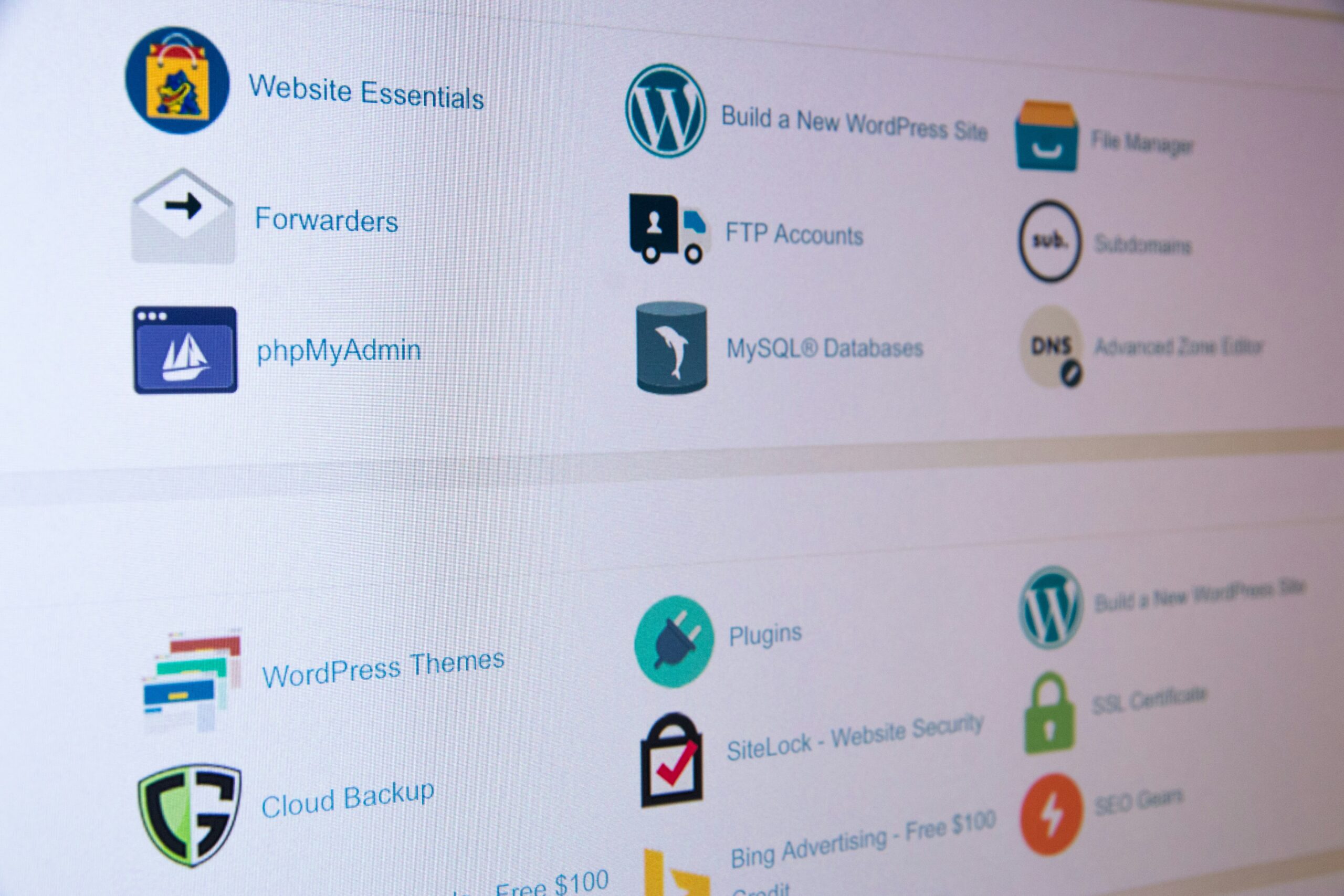Web hosting is an essential aspect of running a website, but with so many providers out there, it can be challenging to know which one to choose. In this article, we’ll take an in-depth look at web hosting and provide you with all the information you need to make an informed decision.
What is web hosting?
Web hosting is a service that allows you to publish your website on the internet. When you create a website, you’ll need a place to store your files, and this is where web hosting comes in. A web host is a company that provides the technology and services needed for your website to be accessible online. This includes servers, software, and support.
The web host stores your website files on its server, which is essentially a powerful computer that’s always connected to the internet. When someone types in your website’s URL, their computer connects to the server, which then delivers the website’s content to their browser.
Types of web hosting
There are several different types of web hosting, and each has its own benefits and drawbacks. Here’s an overview of the most common types:
Shared hosting
Shared hosting is the most popular type of web hosting, and it’s also the most affordable. With shared hosting, your website shares a server with multiple other websites. This means that the resources of the server are divided among all the sites, which can lead to slower load times if one site is using up too many resources.
VPS hosting
VPS stands for Virtual Private Server, and it’s a step up from shared hosting. With VPS hosting, your website still shares a server with other websites, but each site has its own dedicated resources. This means that your website won’t be affected by other sites on the server, and you’ll have more control over your hosting environment.
Dedicated hosting
With dedicated hosting, your website has its own server, which means that you have complete control over your hosting environment. This type of hosting is the most expensive, but it’s also the most powerful and reliable. Dedicated hosting is typically used by large companies or websites with high traffic volumes.
Cloud hosting
Cloud hosting is a newer type of hosting that’s becoming increasingly popular. With cloud hosting, your website is hosted on a network of servers instead of just one. This means that if one server goes down, your website will still be accessible through the other servers in the network.
Factors to consider when choosing a web host
Choosing a web host can be a daunting task, but there are a few key factors to consider that can help make the decision easier:
Uptime
Uptime refers to the amount of time that a server is up and running without any issues. A web host’s uptime is an essential factor to consider because if your website is down, it won’t be accessible to your visitors. Look for a web host with an uptime guarantee of at least 99.9%.
Speed
The speed of your website is crucial because visitors will quickly lose patience if your site takes too long to load. Look for a web host that offers fast servers and has a reputation for quick load times.
Customer support
Customer support is essential in case something goes wrong with your website or if you need help with something. Look for a web host that offers 24/7 support and has a reputation for being responsive and helpful.
Price
Price is, of course, a significant factor to consider when choosing a web host. Shared hosting is the most affordable, while dedicated hosting is the most expensive. Keep in mind that the cheapest option isn’t always the best, and you may need to pay more for higher-quality hosting.
Security
Website security is crucial, especially if you’re collecting sensitive information from your visitors. Look for a web host that offers features such as SSL certificates, firewalls, and regular backups to help protect your website from cyber threats.
Scalability
If you’re planning on growing your website, it’s essential to choose a web host that can accommodate your needs. Look for a host that offers flexible plans and can easily upgrade your hosting if needed.
Final thoughts
Choosing the right web host is crucial for the success of your website. Take the time to research your options and consider factors such as uptime, speed, customer support, price, security, and scalability. With the right web host, you can ensure that your website is reliable, secure, and fast-loading, which will help you attract and retain visitors.
